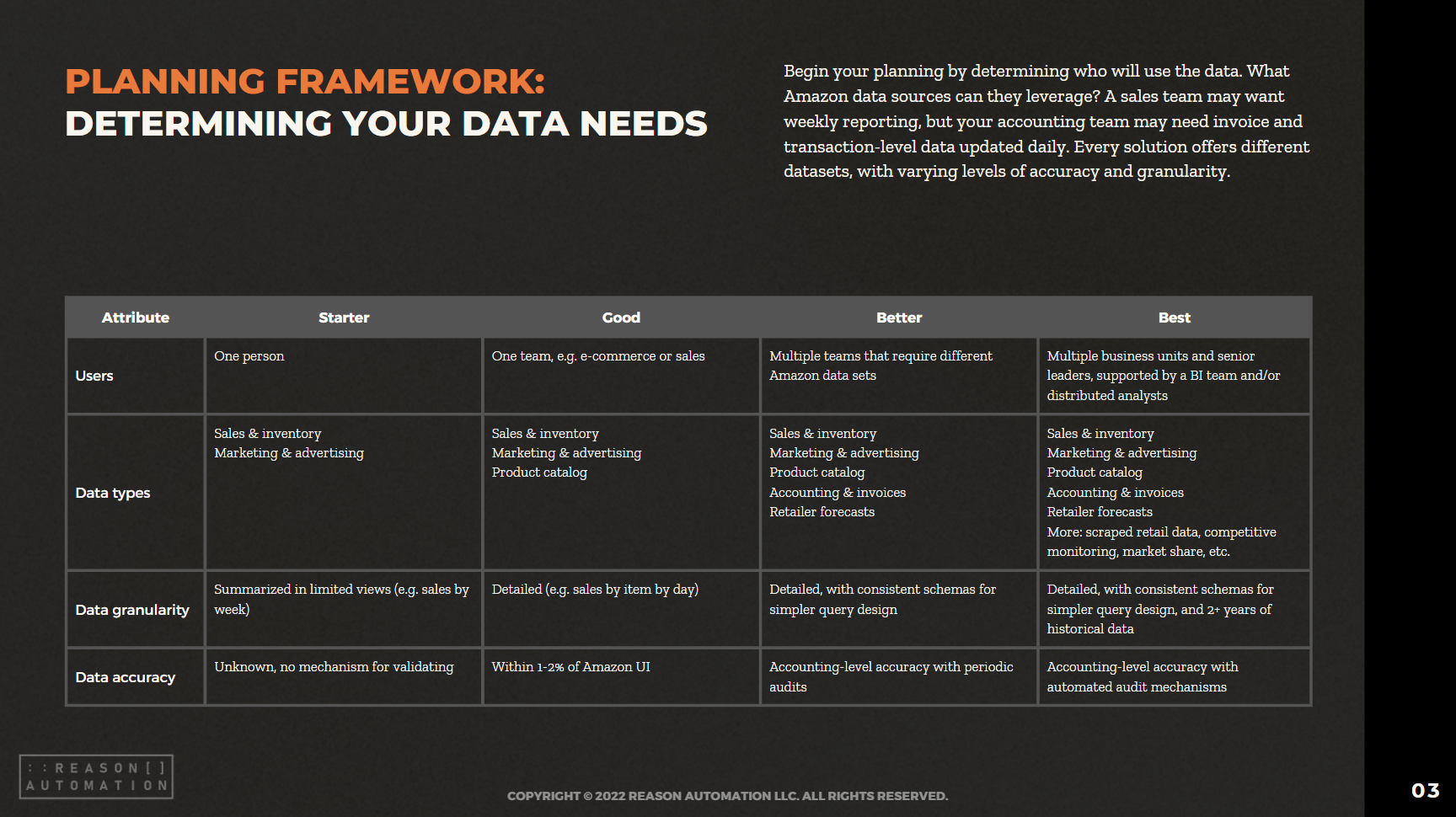Amazon to Ask Vendors for Concessions in Upcoming Negotiations: Report
Amazon is likely to ask vendors for multiple concessions in upcoming annual negotiations as the company seeks to offset its own rising costs, according to one expert.
Martin Heubel, an ecommerce consultant and a former senior category manager at Amazon, said in a recent KamCity article that suppliers will face an impact from Amazon's cost-saving initiatives as the retailer struggles with rising fuel prices, pay increases for workers, and the costs of liquidating excess inventory.
Amazon will seek to "close the leaks in its bottom line" and has already done so in the form of hiking FBA fees earlier this year.
Related articles:
"But Amazon will also ask 1P brands to support its margins (once again)," Heubel said. "In the upcoming annual negotiations, Vendor Managers are under pressure to request: cost price reductions, margin compensation agreements, and higher trade terms."
Amazon vendors should be prepared for the vendor to use delistings and unprofitable products to bolster their position in negotiations and put pressure on vendors, he added.
"The above requires brands to prepare themselves for challenging commercial discussions," he said. "To do that, it’s no longer enough to focus on cost prices and trade terms. Brands also need to negotiate cost savings along their joint supply chain."
He said that vendors will need to focus on increasing efficiency within their business and boosting the profitability or Net PPM of items in advance of negotiations to put themselves in a stronger position.
READ MORE:
Turn Amazon Data into a strategic Asset
The breadth of Amazon sales, marketing, and supply chain data lets brands find patterns and insights to optimize their Amazon business and other e-commerce channels. But only if you have a plan for extracting the data from Amazon systems, storing it, and preparing it for analysis.
This guide will help you take ownership of your Amazon data—by preparing your business for a data-driven future, and analyzing the most common methods for extraction, automation, storage, and management.


